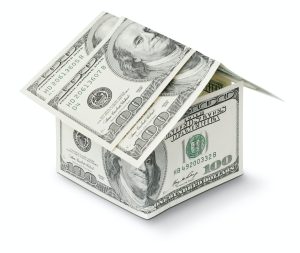New Zealand Kingmaker Set to Announce Which Party It Will Back for Government
New Zealand’s recent general election resulted in a hung parliament, with none of the major parties winning enough seats to form a majority government. This has left the decision of who will govern the country in the hands of the kingmaker, Winston Peters, leader of the New Zealand First party.
Peters has been in this position before, having played kingmaker in the 1996 election. He has a reputation for being unpredictable and holding out until the last minute before announcing which party he will support. This time around, Peters has said that he will make his decision by October 12th.
The two major parties vying for Peters’ support are the incumbent National Party, led by Bill English, and the opposition Labour Party, led by Jacinda Ardern. Both parties have been in talks with Peters and his team, trying to win his support.
The National Party won the most seats in the election, with 56 out of 120. However, they still need the support of New Zealand First to form a government. The Labour Party won 46 seats, but with the support of the Green Party, which won 8 seats, they would have a total of 54 seats, just two short of a majority.
Peters has said that his decision will be based on which party can offer the best deal for New Zealand, and not on personal preferences or political ideology. He has outlined a number of key policy areas that he wants to see addressed, including immigration, regional development, and the economy.
On the issue of immigration, Peters has been a vocal critic of the current government’s policies, which he says have led to an influx of low-skilled workers and put pressure on housing and infrastructure. He has called for a reduction in immigration numbers and a tightening of the rules around who is allowed to enter the country.
In terms of regional development, Peters has said that he wants to see more investment in the regions, particularly in infrastructure and job creation. He has also called for a review of the country’s trade agreements, to ensure that they are benefiting New Zealand’s economy.
Peters has also expressed concerns about the country’s housing crisis, which has seen house prices rise to unaffordable levels for many people. He has called for a range of measures to address this, including the introduction of a foreign buyers’ ban and more investment in social housing.
Both the National and Labour parties have been trying to woo Peters with their policies, but it remains to be seen who will come out on top. If Peters decides to support the National Party, it will be their fourth term in government. If he supports Labour, it will be the first time they have been in power since 2008.
The decision of the kingmaker will also have implications for the economy and the financial markets. The New Zealand dollar has been volatile since the election, as investors try to gauge the likely outcome. If Peters decides to support the National Party, it is likely that the markets will react positively, as the party is seen as more business-friendly. However, if he supports Labour, there may be some uncertainty, as the party has promised to introduce a number of new policies, including higher taxes on the wealthy and a review of the Reserve Bank’s mandate.
In conclusion, the decision of the kingmaker, Winston Peters, will have far-reaching implications for New Zealand’s future. His announcement on October 12th will be eagerly awaited by both the public and the financial markets. Whatever the outcome, it is clear that New Zealand’s next government will face significant challenges, including a housing crisis, an ageing population, and an uncertain global economy.





